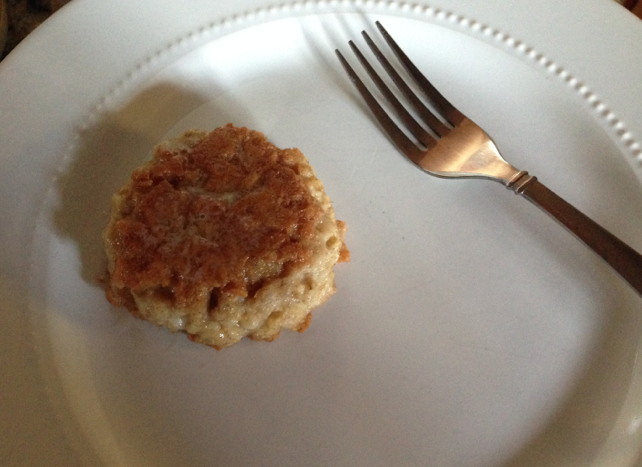|
A mature man is a guide. Let's learn about what a guide is, including some real world examples.
A king, the head of the house, is a mature man. He is a guide for his wife and his children. Many men believe this is a God-given role. Many men trust that this leadership position means that they are accountable to God. And being a guide is part of the plan of God, or the Source, or the Universe, or whatever you may call it. Christianity, Islam, Hinduism, Buddhism, Judaism, Mormonism, Jehovah's Witnesses, and Scientology all have some type of teaching about a man being a guide. A leader is not a superior person or a more valuable person. A leader is merely functioning as a decision maker, a position of authority. In the home, a father and mother, a husband and wife are equally important. Neither is superior to the other. Neither is more valuable than the other. The man who plays the role of the leader, soon learns he cannot succeed with the support of his wife. And she cannot succeed without his leadership and guidance. They are interdependent. To guide a family, rules are established to be followed. The guide makes final decisions. Sets goals. Looks at the horizon. And makes plans for the future. The guide figures out how money is spent. How rules of conduct are to be obeyed. Where the children will be educated. These are some of the responsibilities of the guide. Much authority is delegated to his wife, particularly concerning the children. The father seeks his wife's viewpoint in matters of family planning and making decisions. She is his best counselor. She is wise. And provides advise freely. Her perspective is all-important. A man will also listen to the children, for their perspective is unique. He should listen to each child with honest consideration. But the ultimate decision rests upon him. A successful family is not a democracy. Each member should not given one equal vote. If it were a democracy, all of the chores would be done by the father and mother! Parents must not be out-voted. The father must be the shepherd of his flock. His decision must be honored and respected. Every man is a guide, a leader. Even if he's not a leader in his work, if he's married, he's is a leader. His conduct as the head of the family is very important. His success in being a leader of his family will extend beyond the home and affect other institutions to which it belongs. His leadership has an effect on his neighborhood, the town, the country. Leadership in a family is a masculine role, regardless of whether you're a man or a woman. Leadership is masculine. A man takes pride in playing this masculine role when he realizes that this is his most important function that he has. He has the qualities of a leader that are both steel and velvet. To learn more about steel and velvet, visithttp://kingsguide.blogspot.com/2013/09/qualities-of-man.html. Most men have the physical, emotional, and temperamental qualities to lead. He must be kind and tender-hearted, willing to sacrifice for his family. Along those velvet qualities, he must be a strong as steel, being confident in his decisions as a leader. Some people do not like this plan for family leadership, thinking that is is burdensome to the man or unfair to the woman. There is an idea of doing away with this masculine leadership role, and substituting instead an equality of leadership between men and women. But we know that no organization, regardless of size, can function without a responsible head, a leader. This is evident in business, government, social groups, and the military. Wherever people work successfully together, there is ultimately a leader who guides, directs, and organizes. This person also takes on the ultimate responsibility for the group. And the family is the basic unit of society. The family is a small social group, even when it's a man and woman with no children. With a head, a marriage is successful. With a head, a family is successful. And there must be a leader. A man succeeds in this role when he has the power of decision. So, what do you do with leftover oatmeal? Make pancakes!
Yep. Men, can't find anything in the fridge for the kids to eat for breakfast, except for some old leftover oatmeal? Great. No sweat. Make oatmeal pancakes. Here's how. Get the old leftover oatmeal. Grab some in your hand, about the size of a burger patty. Flatten it a bit. Not too much. And throw it on a hot pan with lots of butter. Heat it up until both side are golden brown. Serve with butter and syrup. Lots of syrup. Kids scream for this stuff. You'll be a king of leftover oatmeal. Here's a warning about eating leftovers. Leftovers can be kept for three to four days in the refrigerator. Be sure to eat them within that time. After that the the risk of food poisoning increases. If you don't think you'll be able to eat leftovers within four days, freeze them immediately. Food poisoning — also called food-borne illness — is caused by harmful organisms, such as bacteria in contaminated food. Because bacteria typically don't change the taste, smell or look of food, you can't tell whether a food is dangerous to eat. So if you're in doubt about a food's safety, it's best to throw it out. Fortunately, most cases of food poisoning can be prevented with proper food handling. To practice food safety, quickly refrigerate perishable foods, such as meat, poultry, fish, dairy and eggs — don't let them sit more than two hours at typical room temperature or more than one hour at temperatures above 90 F (32 C). Uncooked foods, such as cold salads or sandwiches, also should be eaten or refrigerated promptly. Your goal is to minimize the time a food is in the "danger zone" — between 40 and 140 F (4 and 60 C) — when bacteria can quickly multiply. When you're ready to eat leftovers, reheat them on the stove, in the oven or in the microwave until the internal temperature reaches 165 F (74 C). Because they may not get hot enough, slow cookers and chafing dishes aren't recommended for reheating leftovers. |
Archives
December 2021
|





